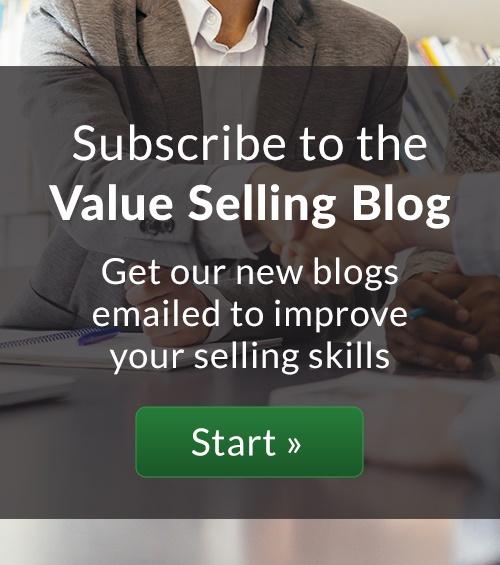
This guest post from Leslie Ye, Senior Executive Communications Strategist at HubSpot, contends that not every sale is a good sale. There are times when it’s best to hit the brakes before sealing the deal and assess whether this customer is right for your offering and able to implement it for maximum value.
When “Yes” Means “Wait”
It’s easy to think that once you hear the single best word in sales — “Yes” — your hard work is done. Because once your prospect wants to buy, it’s your job to sell them and move on to the next one.
Right?
Wrong.
Just because a prospect wants to buy doesn’t mean they should. This is a counter-intuitive concept to learn. After all, it’s been drilled into your head since day one that your job depends on closing deals.
It’s also second nature to find prospects with business pain that fits your offering, so once you hear a prospect admit to their pain and say they want to do something about it, your natural instinct is to send out a contract.
But you’ll never be a top salesperson until you realize that every prospect who wants to buy from you doesn’t always make a good customer, and so you shouldn’t immediately sell to them.
That’s because there’s a huge difference between prospects who are willing to buy and prospects who are able to implement a product successfully. Prospects won’t translate into successful customers unless they want to solve a problem AND have the capacity to do so.
Consider the Outcome
As good as a prospect’s intentions may be, they won’t be successful with your product if they don’t allocate the time to implement, learn, and use it. They won’t be able to dedicate the energy necessary to be successful with it and therefore won’t see positive results. And without an ROI, they’ll churn.
Of course, they won’t necessarily view this as their fault. It’s human tendency to blame something else when things go wrong, and a prospect’s first reaction won’t always be, “This product failed because I wasn’t able to implement it correctly.”
Instead, they’ll likely think something more along the lines of “The product was too hard to use” or “The product didn’t drive any results for us” or “The product didn’t meet my expectations.”
This risks bad word-of-mouth for your company, and also represents a missed opportunity to convert a customer into a promoter. Had you simply waited for a prospect's company to mature or recommended a different product that was a better fit, you would have preserved your company's and product's reputations.
Proceed with Caution
Prospects who are able to buy from you but are unwilling or unable to share an implementation and training plan should cause you to think twice. These prospects are bad for your company, but they’re also bad for you: Clawback rules mean that a prospect who churns takes money out of your pocket.
That’s why you must do your due diligence during the discovery process and make sure that your prospect is able to implement your product and has a plan to do so. Here are some questions you can ask:
- How do you plan on using this product?
- Who on your team will be responsible for implementing the product?
- What specific goals are you trying to achieve with this purchase?
- Do you have a plan to hit those goals?
Another strategy you should use is to have the prospects raise their own objections. Ask them if there’s anything regarding the implementation of the product that concerns them, or if they have any hesitation about what they’ll do with the product once they buy it.
Conclusion
Good prospects should make good customers. That means that if someone doesn’t have the bandwidth to implement your product successfully, you shouldn’t let them buy. Instead, help them where you can and let them go, revisiting opportunities with them when they’re more ready.
About the Author
Leslie Ye
LinkedIn: https://www.linkedin.com/in/lesliezye/
Leslie is a Senior Executive Communications Strategist at HubSpot, working with executives to translate their insights and experience into onsite and offsite content.
Resources
Connect with David Svigel on LinkedIn.
Join the Value Selling for B2B Marketing and Sales Leaders LinkedIn Group.
Learn more about Grassroots Strategy.
Buy Grassroots Strategy.
Visit the ROI Selling Resource Center.









